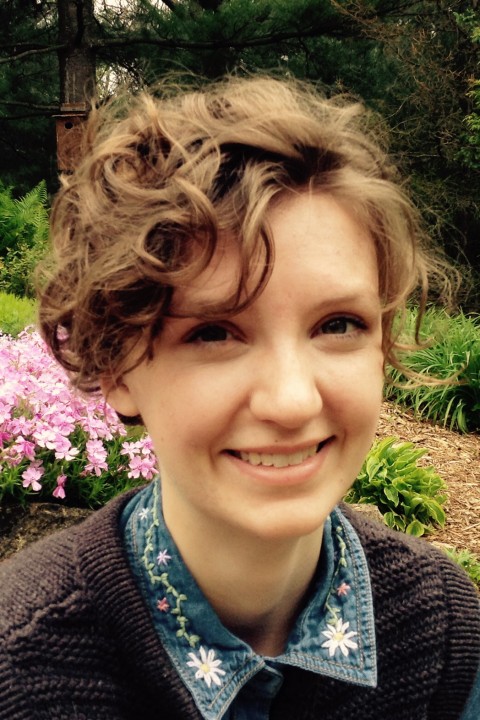Madeline Ouimet, a rising fourth-year majoring in Near Eastern languages and civilizations (NELC), has received a 2021 Beinecke Scholarship, which awards students a total of $34,000 for graduate study. Ouimet intends to pursue a Ph.D. in Near Eastern studies with a focus on Mesopotamian archaeology and Assyriology.
First awarded in 1975, the Beinecke Scholarship enables students of exceptional scholarly promise to pursue graduate study in the arts, humanities and social sciences. Ouimet is one of 16 students selected nationally out of approximately 100 candidates nominated by their home universities this year.
Ouimet, who is pursuing a specialization in archaeology and art of the ancient Near East, focuses primarily on ancient Mesopotamian archaeology and culture, while analyzing broader themes such as sensory archaeology, zooarchaeology and divination.

Ouimet first became interested in Mesopotamia and Assyriology after taking the College course “Age of Innovation: Famous Firsts Five Thousand Years Ago” taught by Susanne Paulus, associate professor of Assyriology. Ouimet now works as a research assistant with Paulus for the Cuneiform Tablet Collection at the Oriental Institute (OI).
“Assoc. Prof. Paulus is an incredible inspiration to me in so many ways; an absolutely amazing teacher whose excitement about the ancient world is infectious, an amazing research supervisor who runs incredible projects on tablet materiality and digital humanities and someone who is endlessly kind and supportive of all my efforts,” Ouimet said.
Ouimet is also learning Akkadian, the earliest attested Semitic language using the cuneiform script, and she recently has started to study Sumerian, a language isolate that circulated in the historical region of southern Mesopotamia referred to as Sumer, which is now southern Iraq.
Ouimet takes a unique approach to studying ancient Mesopotamia. Her research is driven by her desire to understand what people in Mesopotamia felt, smelled, heard and tasted, which she reconstructs by assembling texts and artifacts from ancient sensory environments. Though her research focuses on material from thousands of years ago, the broader ramifications and applications of her work resonate with contemporary class struggles. In taking a humanistic approach to her research, she believes that “we can better recognize the real people who lived and produced such social structures.”
“I hope to use sensory archaeology to change our understanding of the archaeological past broadly, moving the field toward greater representation of diverse forms of agency, including that of non-elites and the use of sensory experience as an instrument of social change” said Ouimet, who is also a UChicago Odyssey Scholar.
Ouimet’s first archaeological fieldwork experience was with the OI in 2019 as a part of the Tell Keisan Excavations in Lohamei HaGeta’ot, Israel. There, she helped discover objects in deep Phoenician and Assyrian layers, and helped preserve and archive those finds for posterity.
That same summer, she also participated in the Yellowstone Ice Patch Project with the Institute for Arctic and Alpine Research. Her work focused on understanding how ancient hunter-gatherers interacted with extreme alpine environments, as well as assessing the changing environmental conditions from thousands of years ago to the present.